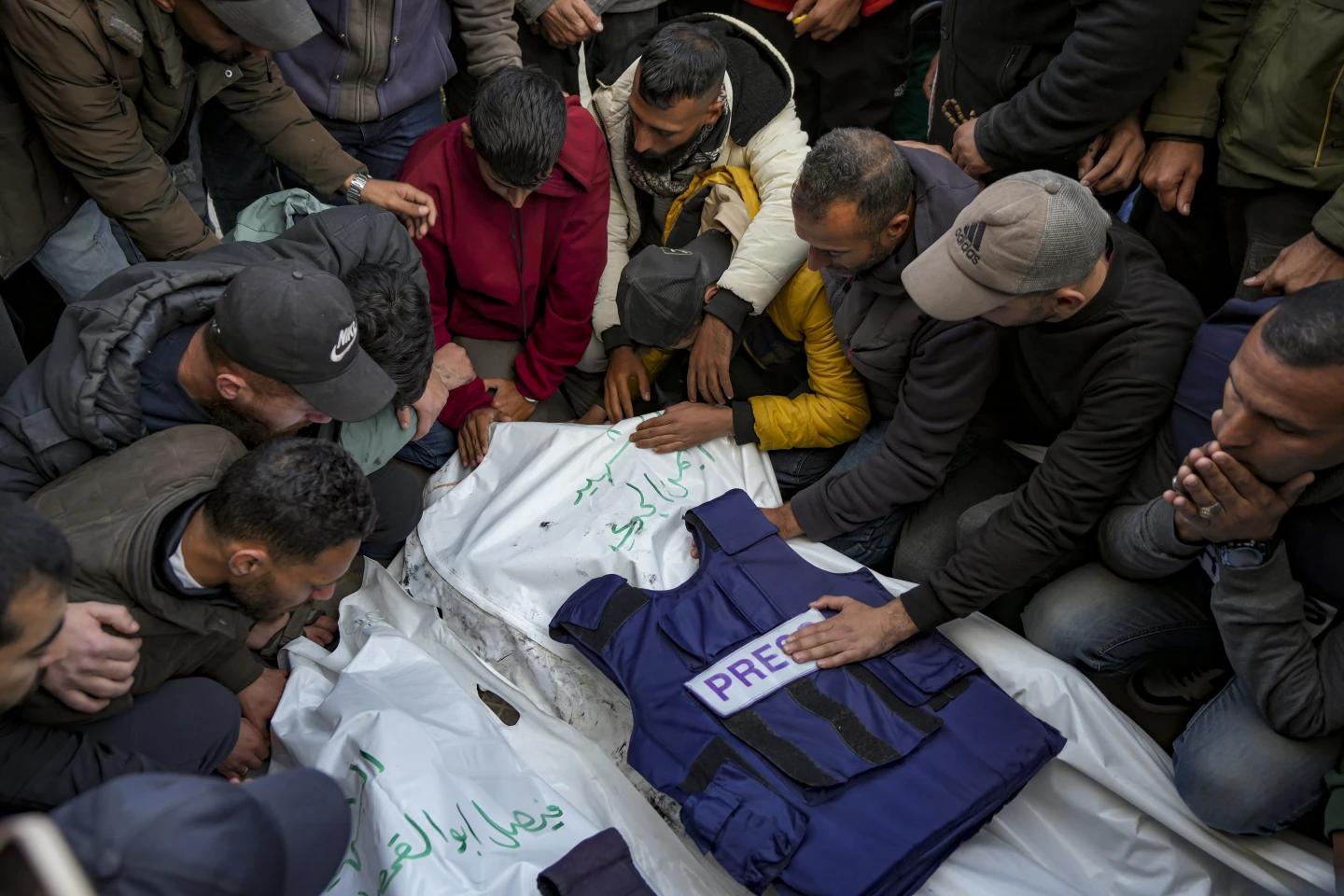On Thursday, Israeli airstrikes targeted Yemen’s Houthi-controlled capital and multiple ports, causing fatalities and significant destruction. The strikes also damaged the airport in Sanaa, where the WHO director-general, Tedros Adhanom Ghebreyesus, and a U.N. team were present. The attack injured a crew member and left the U.N. delegation stranded until the damage could be assessed and repaired. Reports confirmed at least three deaths and numerous injuries from the airport strike, with international concerns growing over the escalation of violence.
Israel described the strikes as a response to recent Houthi missile launches, which had targeted Israeli cities and maritime routes. The Israeli military stated it hit infrastructure used by the Houthis for smuggling Iranian weapons and facilitating Iranian officials. Strikes included attacks on Sanaa’s airport, key Yemeni ports, and associated power stations. Prime Minister Benjamin Netanyahu vowed that the Houthis would face consequences akin to those imposed on other groups allied with Iran, as tensions with Tehran’s regional influence intensify.
The escalation has drawn strong reactions from international bodies. U.N. Secretary-General Antonio Guterres condemned the airstrikes and the broader intensification of violence, emphasizing the humanitarian risks. Yemen, already devastated by a protracted civil war since 2014, relies heavily on the targeted ports for essential aid. The conflict in Yemen, compounded by foreign interventions, continues to exacerbate civilian suffering and destabilize critical supply lines.

Israeli Airstrikes on Yemen and Gaza Intensify Regional Conflicts and Humanitarian Crises
In Gaza, Israeli airstrikes killed five journalists near Al-Awda Hospital, further fueling global scrutiny. Israel’s military accused the journalists of being members of the Islamic Jihad militant group, claiming they were involved in propaganda efforts. The deaths have reignited debates about the safety of reporters in conflict zones and Israel’s policies toward the press. Over 130 Palestinian journalists have reportedly died since the war’s onset, raising alarms about freedom of the press amid intensifying military operations.
The humanitarian crisis in Gaza has worsened, with over 45,000 Palestinians killed since Israel’s retaliation for Hamas’s October 7 attacks. The ongoing offensive has displaced 90% of Gaza’s population, leaving millions in dire conditions with inadequate shelter, food, and medical care. While Israel asserts it has killed thousands of militants, the toll on civilians, including women and children, has drawn widespread condemnation. The destruction in Gaza is immense, with many areas reduced to rubble as residents endure harsh winter conditions.
Meanwhile, the U.N. Security Council has convened an emergency meeting to address the escalating violence. Israel seeks international condemnation of Houthi attacks and Iran’s involvement in arming the group. As regional tensions rise, the interconnected conflicts involving Israel, the Houthis, Hamas, and Iranian-backed forces have created a volatile situation with widespread implications for civilians and international relations.
